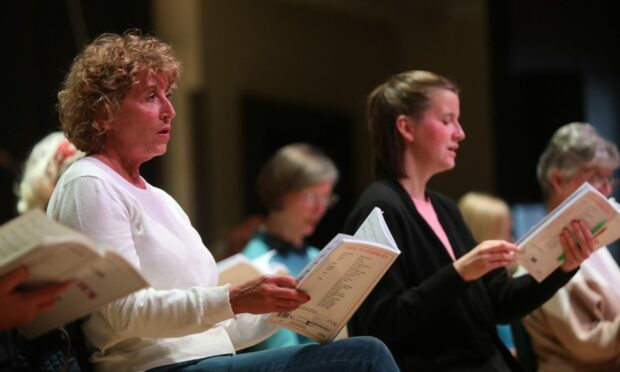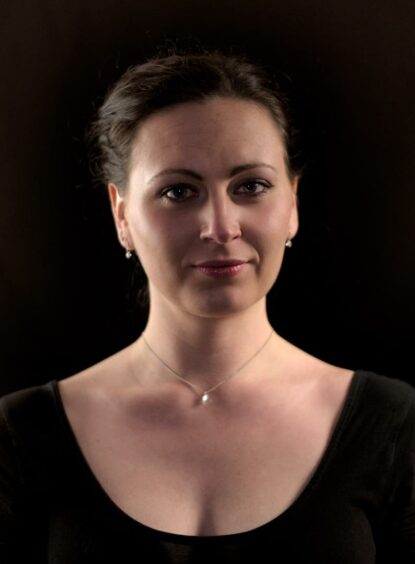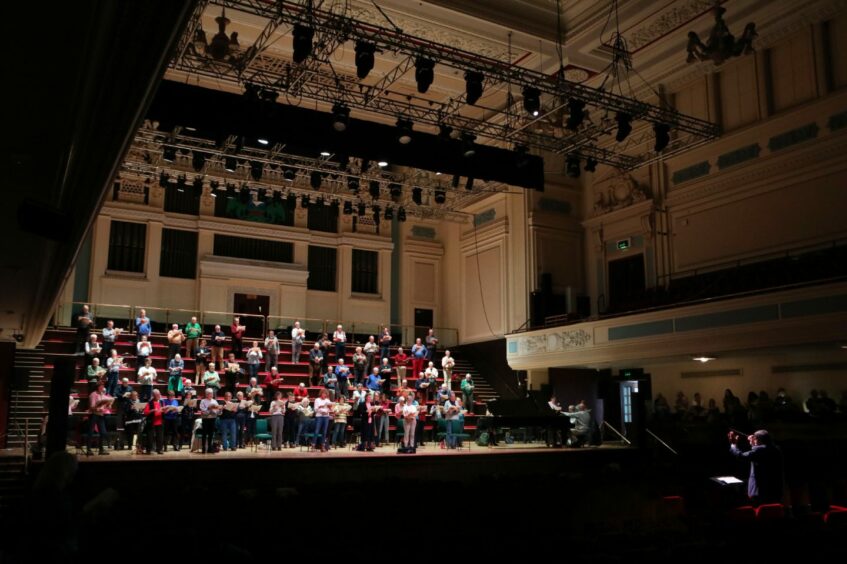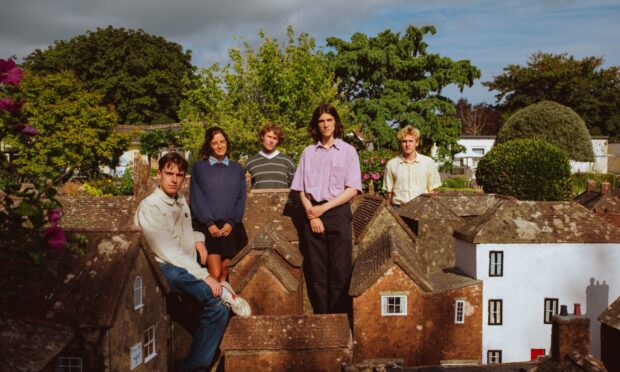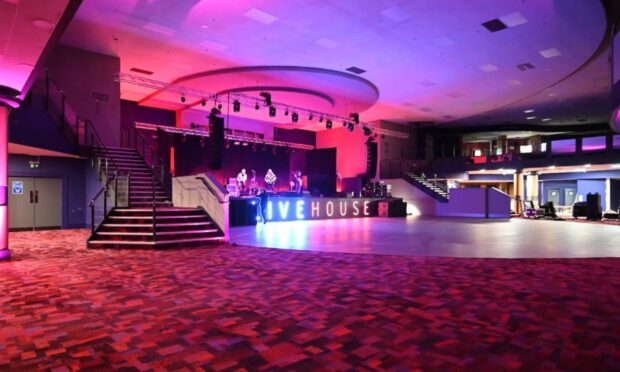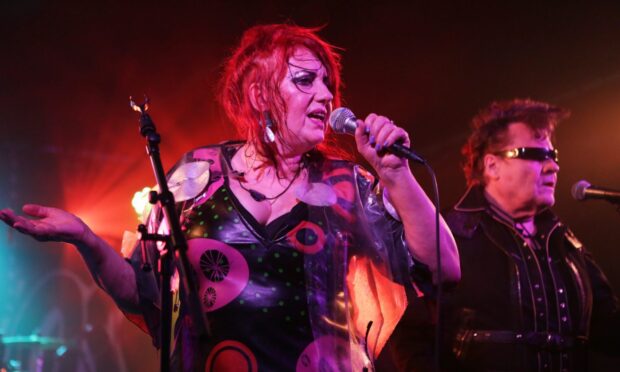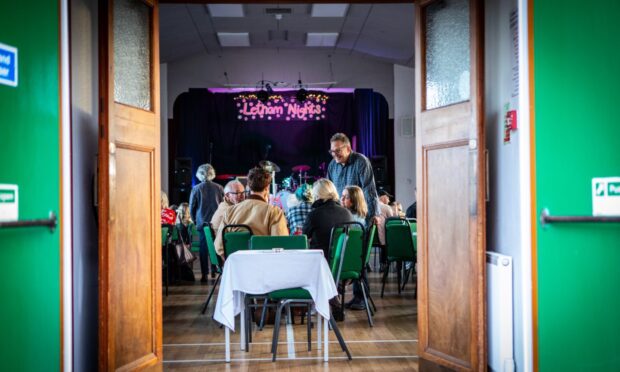Although by no means a committed choral singer, I have been lucky enough to have sung the Verdi Requiem three times.
Once at school, once at the school’s anniversary concert and once with the Dundee Choral Union.
The latter was for their 150th anniversary concert. Since then, there has been little sign of repeating a performance of this magnificent work as it needs a large chorus to do it justice.
Joining with St Andrews
Sadly, over the years, numbers at DCU have shrunk and they needed help from another source if the Requiem could be performed.
This source was the St Andrews Chorus, an equally-accomplished choir if ever there was one.
Both choirs were glad for each other’s company, as without each other I’m not sure this performance could have taken place.
But take place it did, on Sunday evening in the Caird Hall.
However, it wasn’t all plain sailing. With social distancing in place, the chorus were bereft of the usual intimacy that results in parity and the support of fellow singers, things of which most choruses thrive.
The quieter passages
This discrepancy only really manifested itself in the final Libera Me, and perhaps the double-chorus Sanctus, which in normal circumstances would have, I’m sure, been without blemish.
I found the chorus really came up trumps in the quieter or a capella passages.
This was particularly evident in the Te Decet Hymnus, the Lachrymosa and final quiet Requiem.
The louder passages, ie the Dies Irae segments, needed a bigger chorus to outweigh the massed ranks of the excellent Orchestra of Scottish Opera.
But again, in normal chorus positions this problem might have been prevented.
The work calls for an operatic approach to emphasise the powerful emotions dictated by the text, and this is particularly important vis a vis the soloists.
An excellent performance
If I was to give a star rating, all five would go to mezzo Katie Grosset.
I thought she captured the passion and the emotions to perfection, with her Liber Scriptus just one example of a performance that was, in my mind, 100% excellent.
Four and a half could be claimed by tenor Elgan Llyr Thomas, not least for his superb Ingemisco Tanquam Reus which is always a highlight for me in any performance of this work.
After an uncertain start to the Libera Me, soprano Catriona Clark redeemed herself in her wonderful contribution to the final part of the work and while bass Jonathan May blended well in the solo ensemble numbers,
I lost some of his lower register and would have preferred him to have the demonstrated the same dramatic delivery of the other soloists.
But in this work, ensemble work is just as important as solo work, and this foursome certainly came up trumps.
The joy of choral concerts
The Domine Jesu and Lux Aeterna were prime examples of perfectly-balanced unity.
Conductor Derek Clark’s control throughout was one of pin-point accuracy, never chastened by any moments of disunity.
It all boils down to the fact that this was, as the programme said, the “long awaited” joint performance of this massive work.
The evening didn’t just rekindle memories of past performances of the Requiem, but re-instilled the joy of experiencing choral concerts in the Caird Hall.
